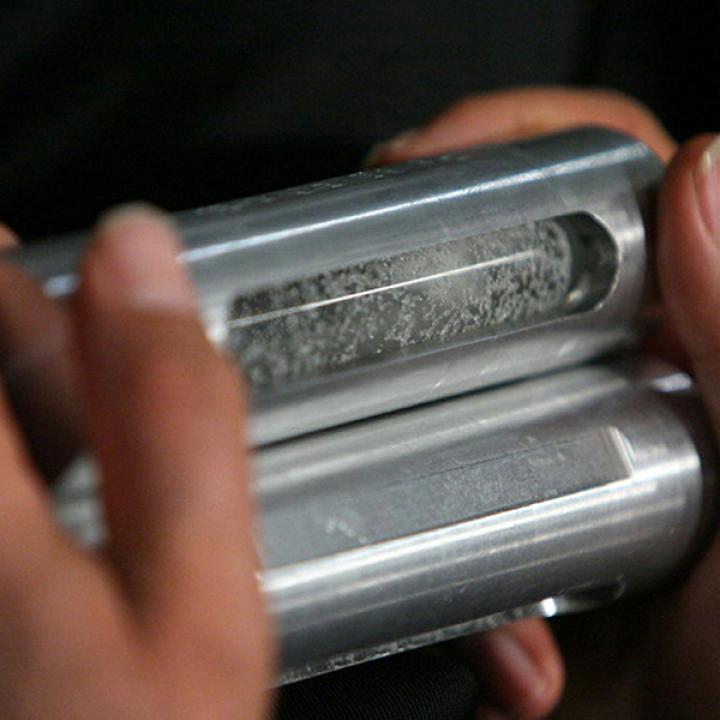

At a time when sanctions are having a significant impact on the Iranian economy, the P5+1 should allow the pressure to work to full effect instead of yielding on nuclear activities that threaten vital U.S. interests.
In the debate over sanctions on Iran -- their role in bringing Tehran to the negotiating table and their proper place in U.S. diplomatic strategy in the future -- scant attention has been paid to a major shift in the negotiating position of the P5+1 countries, who are no longer demanding that Iran halt uranium enrichment. Indeed, in the November 24 first-step nuclear accord, the P5+1 all but concedes that Iran will be permitted to enrich in perpetuity. In separate comments that have quickly become conventional wisdom among Iran analysts, U.S. negotiators now characterize their previous position that Iran should halt enrichment as "maximalist." Although undoubtedly expedient, this shift away from a zero-enrichment negotiating position is misguided and unnecessary. Zero enrichment is hardly a maximalist position; it entails offering Iran something it deeply needs (sanctions relief) in exchange for something it does not (enrichment). There was no tactical need for the P5+1 to walk away from zero enrichment...
Read the full version of this article on the Arms Control website.
Arms Control Today



